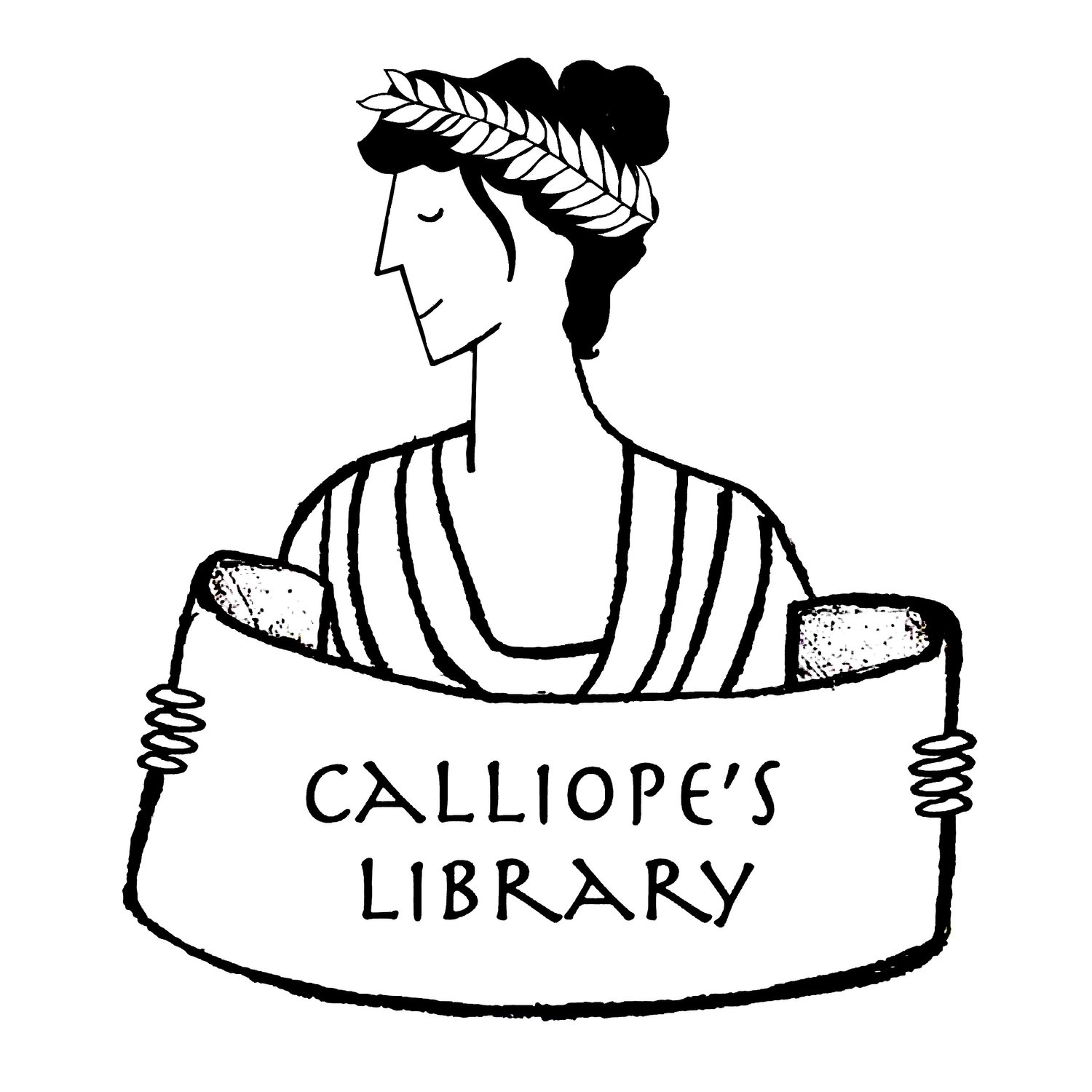Title: The Corinthian Girl: Champion Athlete of Ancient Olympia
Author and Illustrator: Christina Balit
Date: 2021
Tags: 4+, Picture Book, Greece, Setting: Ancient, Protagonist: Female
This book tells the story of a girl who is abandoned and enslaved at birth but rises to become the star athlete of the Heraean Games, girl’s events at Olympia. Reading about a girl who is praised for her athletic skills is refreshing, and the competitions at the end, especially the races, are exciting. The illustrations are inspired by ancient works of art, which make them both dynamic and accurate. It’s also satisfying to read about a female character who is praise for being tall and strong, instead of dainty and pretty. In the end, she earns her freedom and the respect of everyone watching the games. The Corinthian Girl is a story about a girl who triumphs over adversity through her own talent and hard work.
However, the real focus of this book is the practice of slavery in ancient Greece. It’s a difficult topic, but Christina Balit handles it well. She is honest about the difficult life that the main character endures, and even takes time to show what might drive a family to abandon an infant in ancient times. No need to worry about traumatizing young readers, though. The main character’s story is ultimately happy. She earns her name, her freedom, and a life of safety through her own agency.
Nevertheless, it’s Balit’s readiness to confront the darker side of the ancient world that makes this book especially valuable. Most books written for children glorify ancient Greece. They focus on the wonders of Athens’s engineering, or the founding of the first democracy. The Corinthian Girl shows young readers that nothing is perfect, and life can be unfair, even as the happy ending makes it a comfortable read even for young children. This book is a good place to start the conversation about historical inequality. – Krishni Burns


